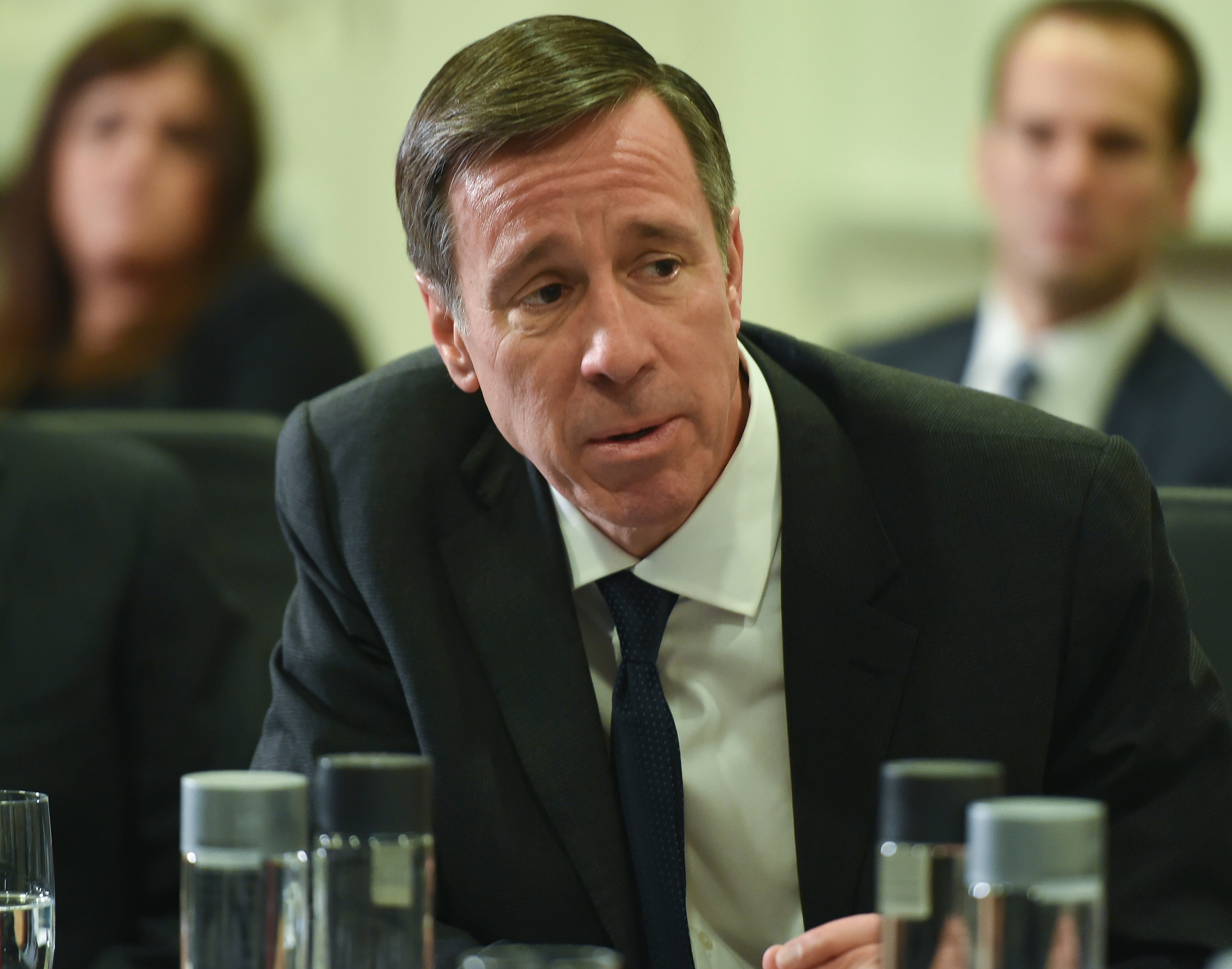HAVANA — When Marriott CEO Arne Sorenson walks around the streets of this Cuban capital, he sees a place in desperate need of an infusion of foreign capital and foreign assistance. Figuring out how to get those dollars down here, however, isn't so easy.
Sitting in a hotel a block away from the capitol building and wearing a guayabera — a fashion staple in this Caribbean island — Sorenson said that joint ventures to manage existing Cuban hotels like the one reached by Starwood Hotels and Resorts are the first steps. But when he looks to the future, one that he hopes includes Starwood after the two sides reached a new merger agreement Monday, the goal is to build and operate their own facilities.
The difficulty comes in navigating Cuba's arcane foreign investment laws, which limit the ownership stake that foreign companies can get and requires them to hire workers approved by the government.
"This is one of the riddles. How do you attract foreign capital to Cuba in the context of a socialist economy which has very different rules than typically work for industry?" he said. "That's the path (the Cuban government has) to navigate. It's obvious that that new capital won't come in unless the rules are set up in a way that allows that capital to get a return. If those things can be done, the capital will come in."
Sorenson is visiting Cuba as part of President Obama's historic trip to the island, the first for a sitting U.S. president in nearly 90 years. Sorenson is traveling as part of the president's Export Council, which means he will join a summit on entrepreneurship on Monday and a state dinner with Cuban President Raúl Castro later that night. But he's also meeting with Cuban officials in the hotel industry to continue figuring out how Marriott can expand on the island in the future.
One of the biggest hurdles he sees is the restriction on hiring. The Cuban government typically negotiates with foreign companies and designates people who can be hired by them. The companies then pay the Cuban government directly, and the government pays those workers a typical Cuban salary — about $25 a month — and keeps the rest.
Sorenson said the White House is addressing that issue with the Cuban government but says he's limited in how far he can echo those concerns.
"To some extent, it would be presumptuous of us, for a single company, to come down and say, 'We must make demands that you change your approach,'" he said. "But I do think we can have conversations with them and say, 'Let's explore how we can evolve this process to make sure these great jobs get created.'"
One potential roadblock — a lack of internet access — may be disappearing. In an interview that aired Monday, President Obama told ABC News anchor David Muir that more Cubans may soon have an easier time hopping on the Web.
“One of the things that we will be announcing here is that Google has a deal to start setting up more Wi-Fi access, broadband access on the island,’’ Obama said.
Still, Sorenson said the inability to own properties outright will also limit the interest, and willingness, of any company to dive into the Cuban market. When Fidel Castro swept to power in 1959, he quickly started nationalizing foreign companies. The U.S. Department of Justice has certified 5,913 claims of property owned by U.S. citizens and companies being confiscated by the Cuban government, estimated to be worth about $7 billion today.
Sorenson said the result is a system where foreign companies that strive for predictability and stability would be forced to enter a deal where they're tied to the whims of an unpredictable government.
"You have that much less control, less ability to drive your own returns than if you were acting entirely alone," he said.
Despite those difficulties, Sorenson said he's optimistic about his chain's future in Cuba. He said clients have been asking about entering the country ever since Obama made the announcement in December 2014 that the Cold War foes would begin the process of normalizing relations.
And that, he said, has reignited a fascination with the island that means huge potential for Marriott, Starwood and the entire industry.
"Maybe it's to see the old cars, maybe it's to see the remnants of those old glory days from the '40s and '50s when it was a playground for many from the United States, but you can come here and experience something which is different from many other markets in the Caribbean," he said. "Obviously, you get paradise. But with it, you get this history, architectural history, you get a political history, you get a cultural history which is extraordinarily rich."

![XXX SORENSON HOTEL CEO ROUNDTABLE072.JPG CA [image : 82071630]](http://www.gannett-cdn.com/media/2016/03/21/USATODAY/USATODAY/635941540550448241-XXX-SORENSON-HOTEL-CEO-ROUNDTABLE072-79181962.JPG)

